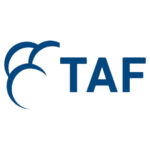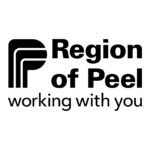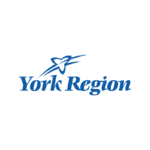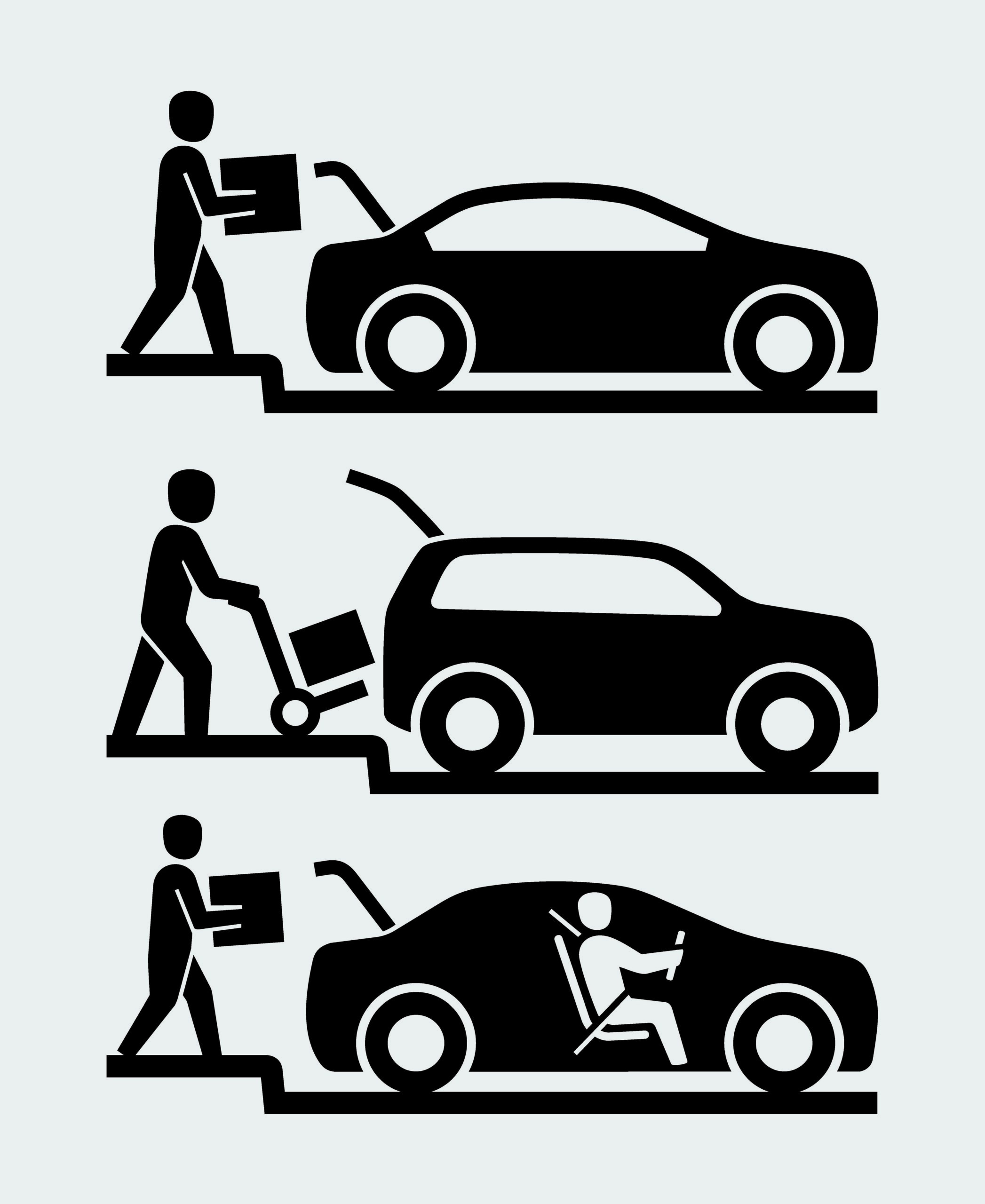Theme 3: City Logistics Pilot Studies
Theme 3: City Logistics Pilot Studies
The volume of e-commerce shopping continues to increase but details of the demand and the congestion, environmental and economic impacts of single-package delivery are not understood. Projects in this theme develop data resources and analyses to assess trends in delivery demand resulting from e-commerce, their social, environmental and economic impacts and methods for the reduction of these impacts.
Project Leaders

Dr. Matthew Roorda
Professor
Department of Civil & Mineral Engineering, University of Toronto
Projects:
Project 3.1: Off-peak Delivery (OPD) Extended Pilot
Project 3.3: Autonomous Vehicle (AV) Delivery Pilot

Dr. Kevin Gingerich
Assistant ProfessorCivil Engineering, York University
Projects:
Project 3.2: Cargo Tricycle Delivery Pilot in University Innovation Zones

Dr. Mehdi Nourinejad
Assistant ProfessorCivil Engineering, York University
Projects:
Project 3.4 - Curbside Loading Zone Pilot
Partners






Projects

Project 3.1: Off-peak Delivery (OPD) Extended Pilot
Led by Dr. Matthew Roorda
University of Toronto
Research Plan: Municipal by-laws have restricted many freight deliveries between 7:00pm and 6:00am. On March 19, 2020, in response to COVID-19, the Ontario Government announced the Municipal Emergency Act 2020 to relax noise by-laws for goods delivery in Ontario. Pre- COVID-19, a small study found that OPD improves truck travel speeds and may reduce peak hour traffic congestion, thereby reducing GHG emissions and air pollutants. This project assesses the benefits/impacts of OPD during and after the COVID-19 crisis, in terms of performance indicators including supply chain flexibility, travel speed, delivery delay, emissions, and noise impacts. The project establishes and evaluates the OPD analysis program in the GTHA, in partnership with member-companies of the Retail Council of Canada, the City of Toronto, The Regional Municipality of York and Peel Regions. Data analysis is conducted monthly based on logistics databases from Walmart, Loblaws and LCBO , as well as community surveys and collision analysis. Regular surveys are being conducted on other retail firms. Monthly analysis of performance indicators is undertaken during and after COVID-19. An upgraded University of Toronto’s freight model is being applied to assess congestion and emissions reductions associated with scale-up scenarios.
Project Goal: Evidence to guide the Province of Ontario, municipal governments and the retail industry towards a potential permanent OPD program in Ontario. Lessons learned during COVID-19 will assess potential for OPD to provide pandemic supply chain flexibility.

Project 3.2: Cargo Tricycle Delivery Pilot in University Innovation Zones
Led by Dr. Kevin Gingerich
York University
Research Plan: Identify best practices for human powered (and possibly electric-assisted) cargo tricycles and financial viability for businesses to promote sustainable last-mile delivery. Assess optimal operating parameters and develop cargo tricycle routing algorithms based on individual business needs. University of Toronto and York University campuses are used as testing grounds for the delivery of packages using cargo tricycles. Cargo tricycles are procured and university operations and businesses on campus are enrolled into a pilot study in which the cargo tricycles are loaned to, or operated by businesses. Routing behavior and optimal patterns are being identified during the pilot.
Project Goal: A better understanding of tricycle feasibility for cargo delivery allows for potential expansion into other dense urban areas in the GTHA. The results are useful for businesses to determine the appropriateness of tricycles for their delivery needs.

Project 3.3: Autonomous Vehicle (AV) Delivery Pilot
Led by Dr. Matthew Roorda
University of Toronto
Research Plan: Observe and analyze performance of an AV delivery pilot in the GTHA to provide insight into opportunities and challenges presented by autonomy. An AV company focused on delivery of goods from a distribution centre to retail outlets launches a pilot in the GTHA. Their telematics data and observations is used to analyze AV delivery operations, understand the challenges, and potential for expanding operations. This project identifies problems and provide insights towards improved operations, and implications for public sector planning/policy.
Project Goal: Develop knowledge via a real-life AV pilot that informs private and public sector partners about opportunities/challenges for AV deliveries.

Project 3.4: Curbside Loading Zone Pilot
Led by Dr. Mehdi Nourinejad
York University
Research Plan: This project assesses efficacy and operational challenges of a technology-enabled curbside loading zone pilot. It analyzes impacts of permit-based parking reservation on service time of commercial vehicles. It also assesses benefits of parking reservation on congestion. Camera equipment are installed at selected curbside loading zones in Toronto, The Regional Municipality of York or Peel Regions. Video recognition software from Bosch helps to assess usage and test a permit-based parking reservation system for delivery companies. An econometric model and a parking simulation model are developed to extrapolate impacts of pricing policy and potential for scale-up using freight data from Theme 1 and parking data provided by public sector partners.
Project Goal:
1. A successful curbside loading zone pilot.
2. An econometric model to predict behavior of commercial vehicle drivers under parking pricing strategies.
3. A VISSIM microsimulation tool for commercial vehicle parking decisions.
4. Practical guidelines for parking management including dynamic pricing, progressive hourly pricing, time-of-day pricing, parking permits, parking reservation.
